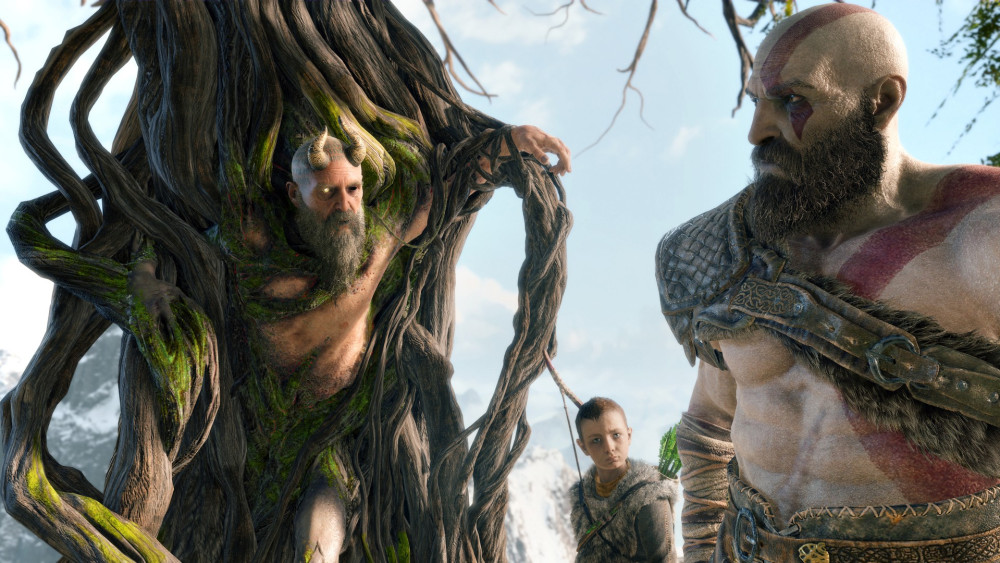Baldur (Balder, Baldr) is a mysterious and enigmatic Norse god. A god of light approaching the figure of the Greek Apollo. Known as the bright, the beautiful and the bright, Baldur is the son of Odin and Frigga. Married to the goddess Nanna (vegetation) and father of Forseti (justice).
According to Faur (2007), there is little evidence of an organized cult of Baldur, its importance seems to boil down to his death and resurrection in the Ragnarök. Baldur was a god loved by all other gods for being beautiful, radiant, just and wise. The only god who did not love him was the envious Loki, who plotted his death.
In myth, Baldur begins to have nightmares, where he senses his death.
This foreboding of his impending death eventually troubled the other gods, for he emanated his kindness and peace everywhere he went. Völuspá (meaning The Seer Prophecy ) is the name of the first and best known poem of poetic Edda. It tells the story of the creation of the world and its end (the Ragnarök), narrated by a völva (seer woman) and addressed to Odin.
After investigating Baldur’s dreams, Odin finds the völva that tells him about the events of Völuspá.
Knowing Baldur’s fate, he decides to take some precautions to avoid it. The Goddess Frigga then sets out on a mission to obtain an oath from all living and non-living beings that they would never harm Baldur. All creatures on earth - gods, men, animals, plants or minerals - have made a vow not to harm their son.
The seer mentions for Odin present and future events, alluding to many of the Norse myths, including the death of Baldur and the arrest of Loki. These events begin the Ragnarök and the second coming of Baldur.
But fate cannot be avoided. The goddess Frigga - even though she knows that Nornes’ destiny cannot be changed - acts with her motherly love, asking all creatures not to harm her son, but she forgot to include a small mistletoe because she believed he was. harmless.
Loki discovered the goddess’s forgetfulness and articulated a plan. The day the gods were proving Baldur’s invulnerability with a test, where he was placed in a circle made by the gods who threw weapons and stones at him to prove that he was indeed immune to death. Annoyed by his invulnerability, Loki makes an arrow with a twig of mistletoe and asks Baldur’s brother, the dark, withdrawn, blind god Hödur, to play the game. With this, Hödur kills Baldur.
Odin and Frigga, strive to bring the son of death, but fail. Upon discovering Loki’s plan, and after several adventures and maneuvers, the gods arrested him and held him captive to the Ragnarök.
Baldur, as a solar god, recalls the Greek Apollo. Its golden palace resembles that of Apollo. And they both loved the flowers that bloomed in their wake. However, Baldur differs from Apollo in being a god of vegetation, but mainly in being a sacrificial god, which also brings him closer to Dionysus. Apollos shared with Dionysus the rule of the Delphic oracle with Dionysus, who ruled the oracle in winter, both of which are complements of the same deity we find in Baldur.
He is the messenger of the New World, who will emerge after the purification by Ragnarök and will take the place of his father, Odin. As a representative of the solar principle, he is the sunrise and sunset (with his death). Baldur, then, represents the solar consciousness that needs to be constantly renewed. It goes through the cycles where it meets the irrational, the dark and the chaos.
The death of this god symbolizes despair and pain, the victory of darkness over light. But also, the hope of the return of light and understanding. It is the rebirth of the soul after the death of identification with egoic desires.

